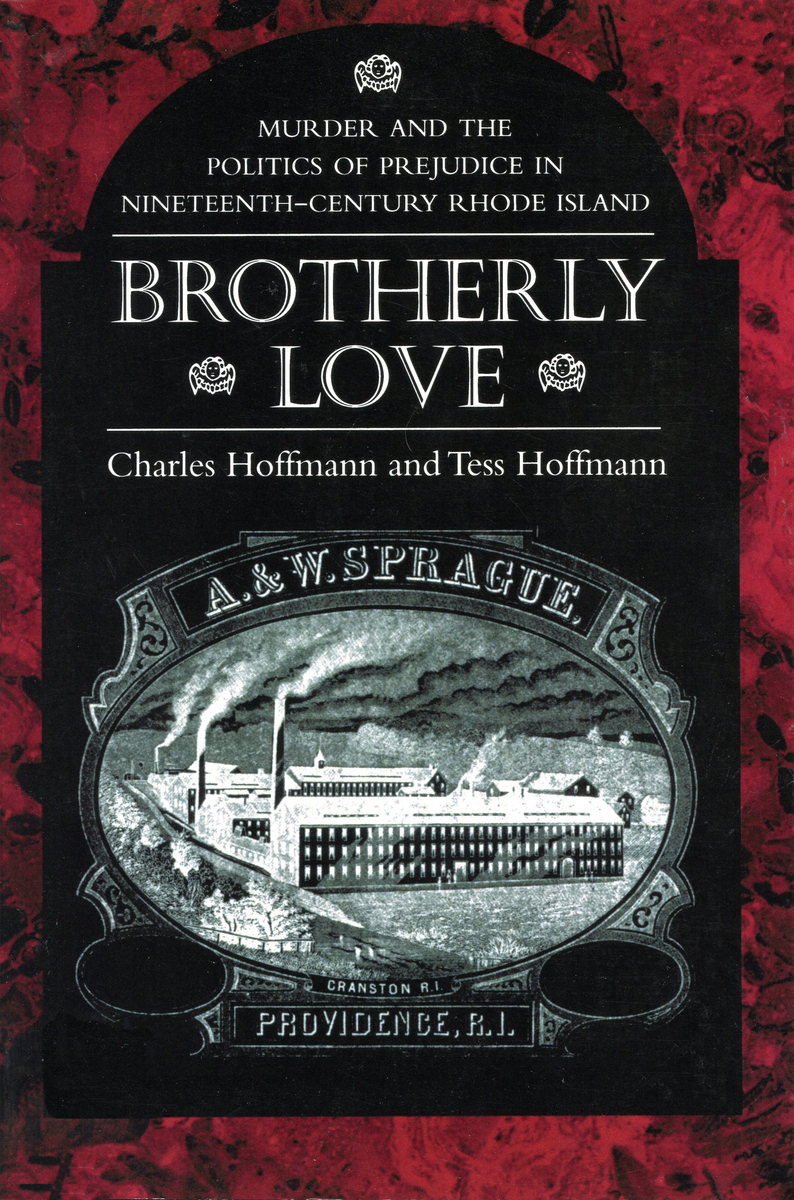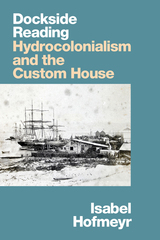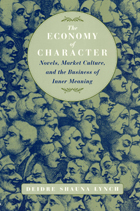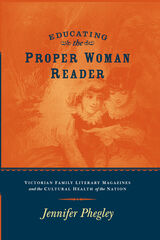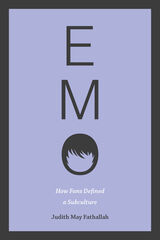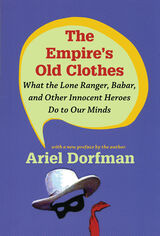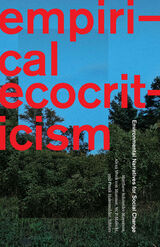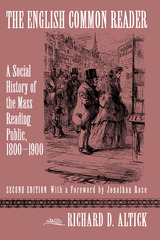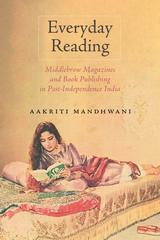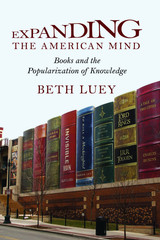Brotherly Love: Murder and the Politics of Prejudice in Nineteenth-Century Rhode Island
University of Massachusetts Press, 1998
Paper: 978-1-55849-163-2
See other books on: Brotherly Love | Murder | New England (CT, MA, ME, NH, RI, VT) | Prejudice | True Crime
See other titles from University of Massachusetts Press
Paper: 978-1-55849-163-2
ABOUT THIS BOOK | AUTHOR BIOGRAPHY | REVIEWS
ABOUT THIS BOOK
On New Year's Eve in 1843, Rhode Island textile manufacturer Amasa Sprague was shot and beaten to death. Within two days, three Irish immigrant brothers were arrested, charged with murder, and eventually brought to trial.
Brotherly Love is a graphic reconstruction of the crime, its social and economic background, and the subsequent trials. The story reveals the antagonism between native-born Yankees, who commanded great power, and the growing number of Irish Catholic immigrants, most of whom worked in the textile mills. Indeed, the economic, political, and religious dimensions of the conflict are all evident in the trials.
The authors argue persuasively that the Gordons were victims of bigotry and circumstantial evidence, serving as convenient scapegoats to appease a community outraged over the murder of its wealthiest citizen. In telling the story of this notorious case, Brotherly Love reveals the politics of prejudice in nineteenth-century New England as played out in community and courtroom.
Brotherly Love is a graphic reconstruction of the crime, its social and economic background, and the subsequent trials. The story reveals the antagonism between native-born Yankees, who commanded great power, and the growing number of Irish Catholic immigrants, most of whom worked in the textile mills. Indeed, the economic, political, and religious dimensions of the conflict are all evident in the trials.
The authors argue persuasively that the Gordons were victims of bigotry and circumstantial evidence, serving as convenient scapegoats to appease a community outraged over the murder of its wealthiest citizen. In telling the story of this notorious case, Brotherly Love reveals the politics of prejudice in nineteenth-century New England as played out in community and courtroom.
See other books on: Brotherly Love | Murder | New England (CT, MA, ME, NH, RI, VT) | Prejudice | True Crime
See other titles from University of Massachusetts Press
